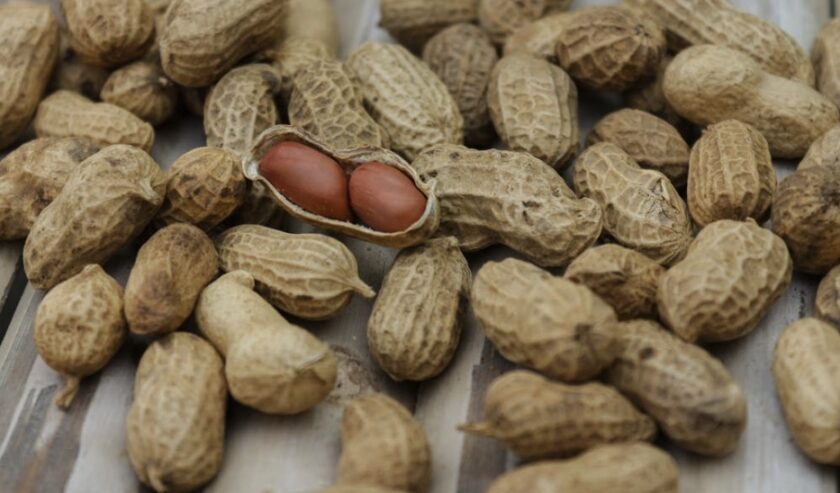FSA Issues Allergy Alert: Peanuts Found in Mustard Ingredients

The Food Standards Agency (FSA) has issued an urgent warning advising people with peanut allergies to avoid foods containing mustard ingredients, which may be contaminated with peanuts.
This precautionary advice covers mustard, mustard powder, and mustard flour, found in a range of products, including dips, sauces, salads, and pre-packed sandwiches.
The FSA is working with local authorities and the food industry to trace the source of the contamination and identify affected products.
Investigations have traced the contaminated mustard ingredients to an Indian producer, GT Agro Industries, with the UK supplier identified as FGS Ingredients Ltd.
While no other suppliers have been implicated so far, the FSA has urged caution due to the severity of allergic reactions to peanuts.
Rebecca Sudworth, the FSA’s Director of Food Policy, emphasised the importance of vigilance: “Those with a peanut allergy should avoid consuming products containing mustard as an ingredient until we identify the individual products affected. Parents and carers of children with peanut allergies should take care to check food labels and ask about mustard content when dining out or ordering takeaway.”
Under UK law, mustard is a listed allergen and must be clearly labelled on food packaging. If mustard is a potential contaminant, a ‘may contain’ label should be present.
The FSA advises people with peanut allergies to check labels carefully and, when eating out, ask cafe or restaurant staff about the ingredients in their dishes. Food businesses are legally required to provide allergen information to customers.
The FSA has stated that it will issue specific product alerts on its website as individual contaminated products are identified. In the meantime, FGS Ingredients Ltd has advised its customers to remove any products containing the affected mustard ingredients from sale.
The agency has also called on the wider food industry to review supply chains and remove any potentially affected products from shelves to ensure consumer safety.
In response to this urgent statement, Allergy UK advises individuals with peanut allergies to take the necessary precautions:
- Carefully check all food labels you have previously bought or plan to purchase over the weekend to see if mustard is mentioned. If mustard is present in a food, it should be labelled in bold on the packet.
- If you are planning to dine out or order from a takeaway, please enquire about the presence of mustard in any of their products when ordering via the phone or delivery apps. By law, food businesses must provide this information to customers.
- Always carry allergy medication with you, including both adrenaline auto-injectors (AAIs) and know what to do in an emergency situation. If you are experiencing an anaphylactic reaction, use your AAIs immediately and call 999.
- Please share this information as widely as possible with your friends, family, and anyone you know who lives with or cares for someone with a peanut allergy.
- If you encounter a food-related issue or reaction, report it to your local trading standards and the Food Standards Agency. To find out more information and to find your local trading standards are visit this link.
Simone Miles, CEO at Allergy UK said: “The announcement from the FSA poses a potentially significant health risk to anyone with a peanut allergy.”
“Alongside other allergy charities, we are working hard to ensure as many people as possible are made aware of the issue.”
“We advise anyone with a peanut allergy to heed the FSA’s advice to avoid foods with mustard as an ingredient until further notice.”
“This is irrespective of the severity of the peanut allergy, as we know this can change over time.”
Spotted something? Got a story? Email: [email protected]
Latest News
